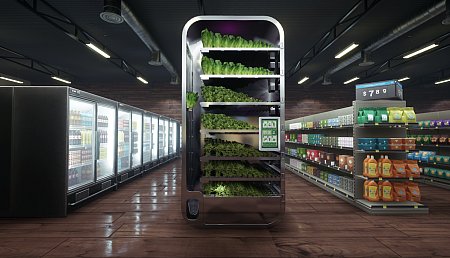 Photo: Volodymyr Hryshchenko | Unsplash
Photo: Volodymyr Hryshchenko | Unsplash
Some micro-organisms that have become able to eat certain plastics, breaking them down into their building blocks, could soon play a key role in reducing plastic waste and building a greener economy. In 2016 Japanese researchers discovered a new kind of bacterium that degrades and eats polyethylene terephthalate (PET), a clear plastic used to make clothing and drink bottles. Researchers have since tweaked it to create 'super-enzymes' that eat PET more quickly, and worldwide, evidence is emerging that In areas with high plastic pollution, microbes are more likely to have enzymes with plastic-degrading tendencies. Biotechnology companies are increasingly interested in creating a circular economy for plastics through 'enzymatic recycling', which can recreate the highest quality plastic and compete on cost with standard manufacturing methods that use fossil fuels as feedstock. Ultimately, however, the enzymes have to be part of a revolution in the entire way we make and use plastics, researchers say.
More:














